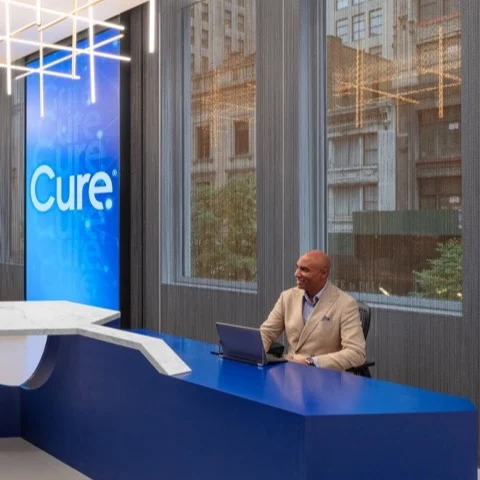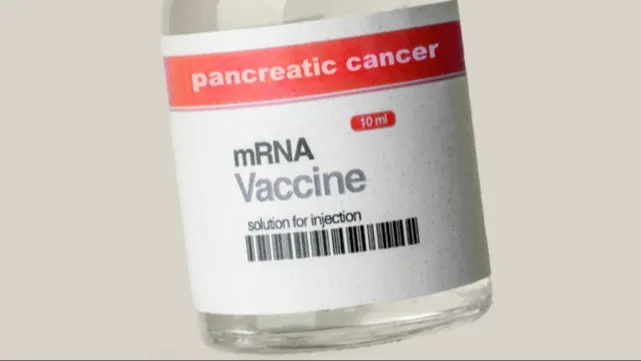Minnesota lawmakers recently introduced a bill that would make it a felony — punishable by up to 20 years in prison — to administer or even possess mRNA-based treatments like COVID vaccines. The bill labels them “weapons of mass destruction,” the authorship of which has been tied by local Minnesota media outlets to misinformation efforts.
The proposal, introduced April 21 by Republican state lawmakers, follows similar bills in states such as Idaho, Iowa, Montana, South Carolina and Tennessee that seek to restrict the use of mRNA technology.
While none have yet passed into law, the bills reflect a growing wave of scientifically unsupported efforts to limit or criminalize the platform that powered the world’s first COVID-19 vaccines. Scientists say such rhetoric ignores a fast-expanding body of research as well as a growing pipeline of treatments showing mRNA’s value far beyond pandemic response.
To drive home the potential for these medicines, as well as the impact misinformation and potential bans are having, the Alliance for mRNA Medicines (AMM) recently conducted a survey or more than 100 senior life science leaders to poll their thoughts on the technology. They report the survey found nearly all participants (93 percent) rated mRNA as “very” or “extremely” important to their long-term R&D strategies, but that the U.S. will lose out if anti-RNA legislation, combined with recent drastic cuts to NIH research grants (see “Mayhem, Destruction and Biomedical Tumult from Trump Cuts”) continue.
“There is no question that mRNA medicines are the new path forward in drug development, and if the US does not embrace this path, the US will lose an entire generation (or more) of intellectual capital,” one anonymous survey respondent said, according to the AMM report.
mRNA is Driving New Therapy Approvals and Clinical Momentum
While COVID-19 vaccines like those from Moderna and Pfizer brought the platform into public view, companies are now using mRNA to develop treatments for cancer, autoimmune conditions, protein deficiencies and rare genetic diseases. Industry leaders said the speed, adaptability, and precision of mRNA delivery give it clear advantages—especially for targeting hard-to-treat illnesses.
In the first quarter of 2025 alone, one RNA therapy, Alnylam’s Qfitlia,was approved by the FDA for treating hemophilia A and B, according to a report by the American Society of Gene and Cell Therapy (ASGCT), with Citeline. That brings the total number of approved RNA therapies to 35, with hundreds more in active development.
The ASGCT report also shows that of the nearly 1,300 RNA therapies currently in the pipeline, mRNA remains the most common research modality. Among newly initiated RNA clinical trials this year, 83 precent target non-oncology diseases, including rare and inherited disorders.
Pipeline therapies include experimental mRNA vaccines for pancreatic and liver cancer, treatments for Duchenne muscular dystrophy and ALS, and even potential vaccines against RSV and HIV. More than 400 mRNA therapies are now in preclinical or clinical development globally.
A Misinformation-Fueled Backlash Against mRNA Technology
Despite these developments, misinformation about mRNA remains widespread. Some of the Minnesota bill’s language mischaracterizes basic molecular biology, claiming that substituting chemical components in synthetic RNA enables “biosynthetic cell replication”—a concept not supported by any current scientific consensus.
Executives in the AMM report voiced concern about the impact of public confusion. About one-third of respondents said misinformation has negatively affected public perception of mRNA products. Most companies said they haven’t yet seen direct business harm but warned that proposed legislation could change that.
Several called for stronger industry-wide education efforts. Roughly three-quarters of respondents said they want groups like AMM to play a more active role in public policy and science communication.
“The risk isn’t just regulatory,” one biotech executive said in the report. “It’s reputational. If the public loses trust in mRNA, we may lose the chance to develop lifesaving therapies.”







